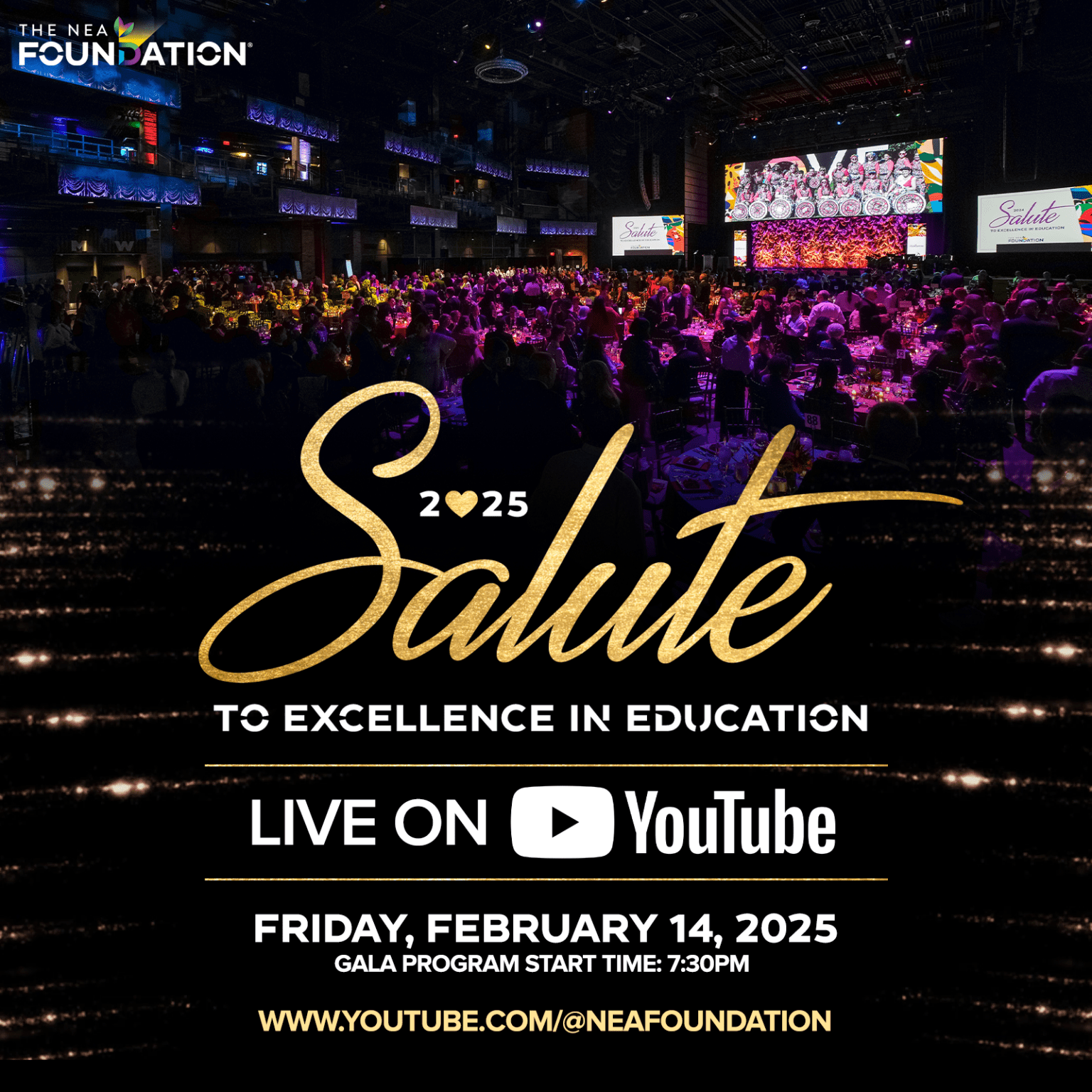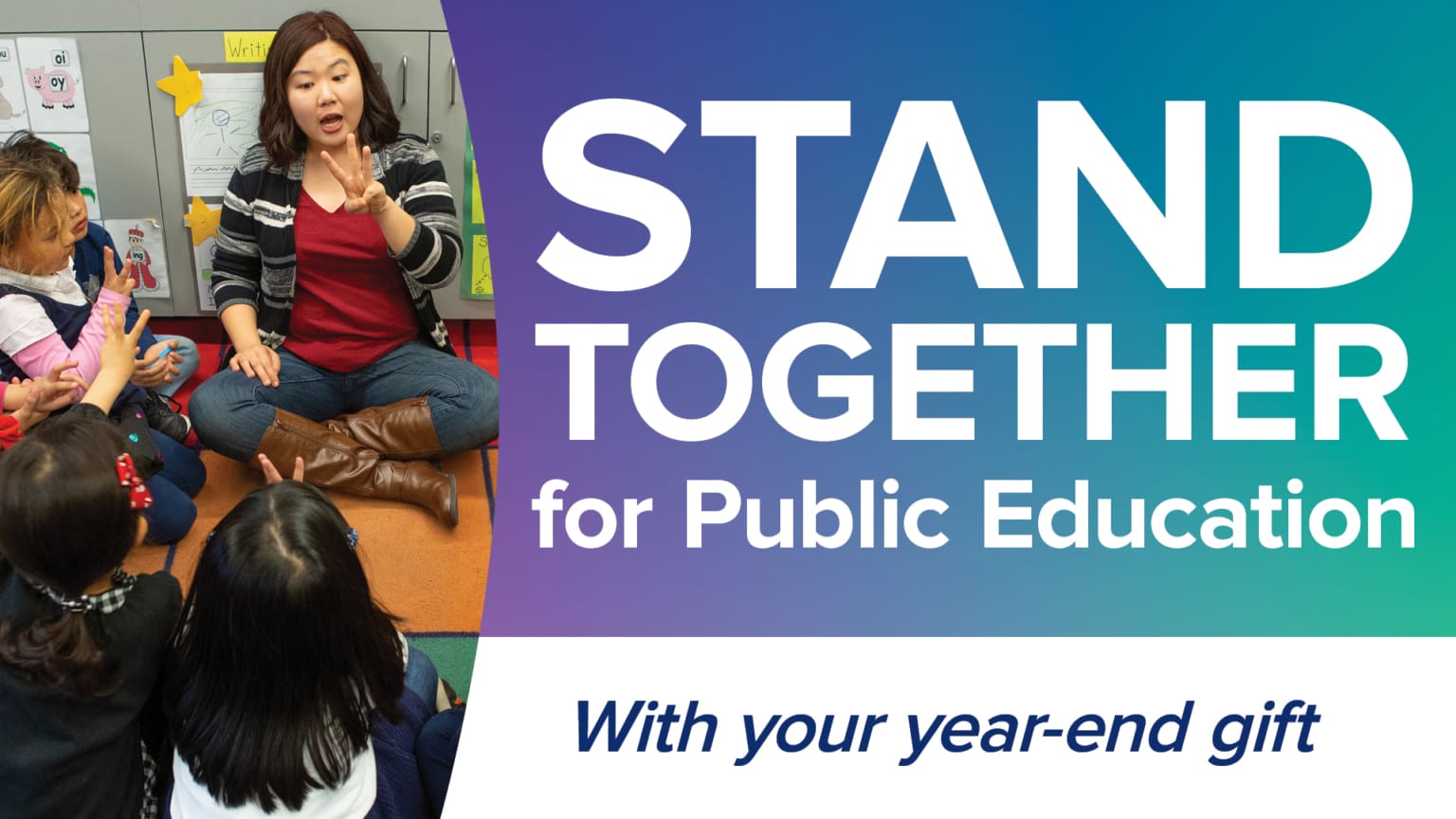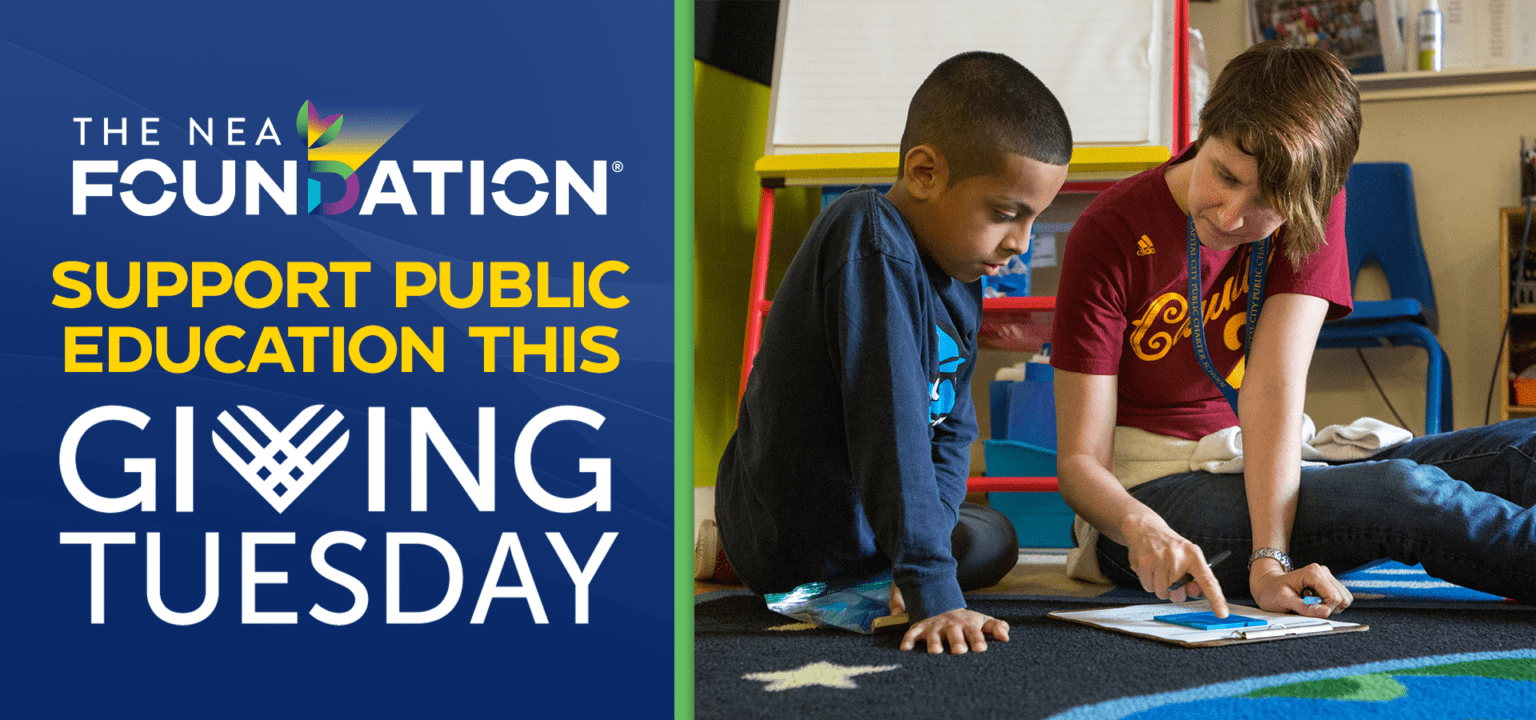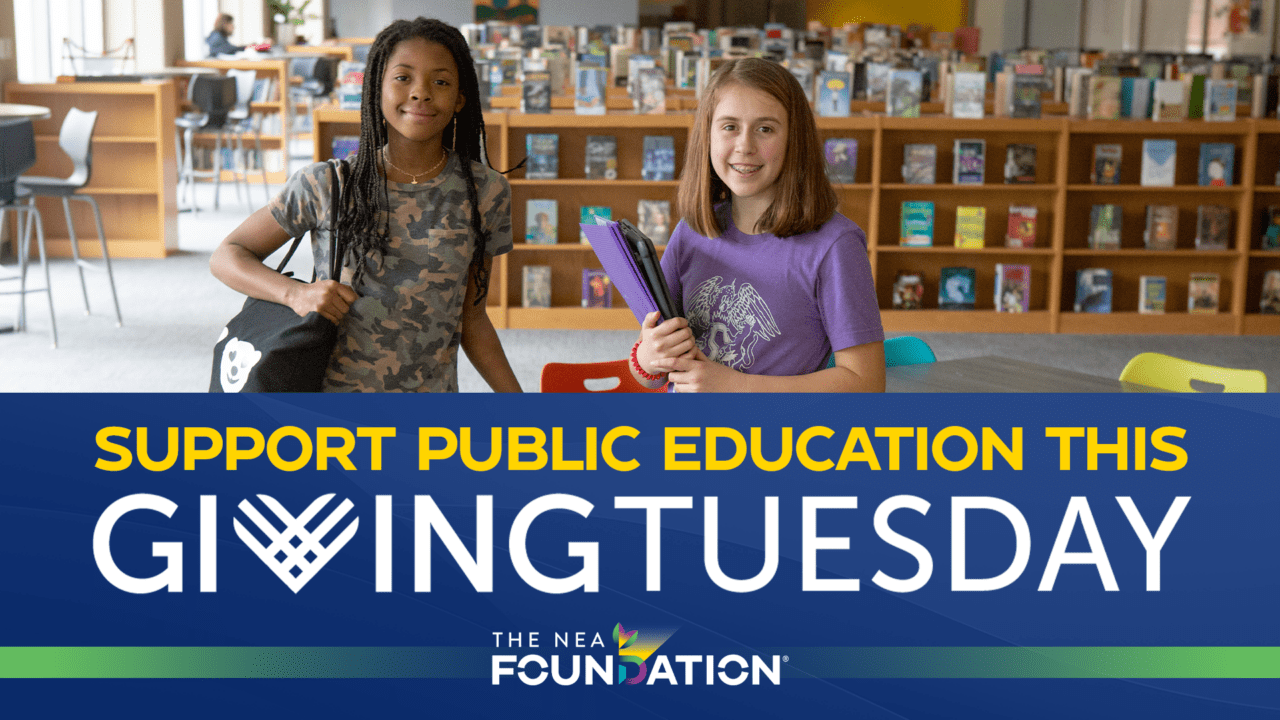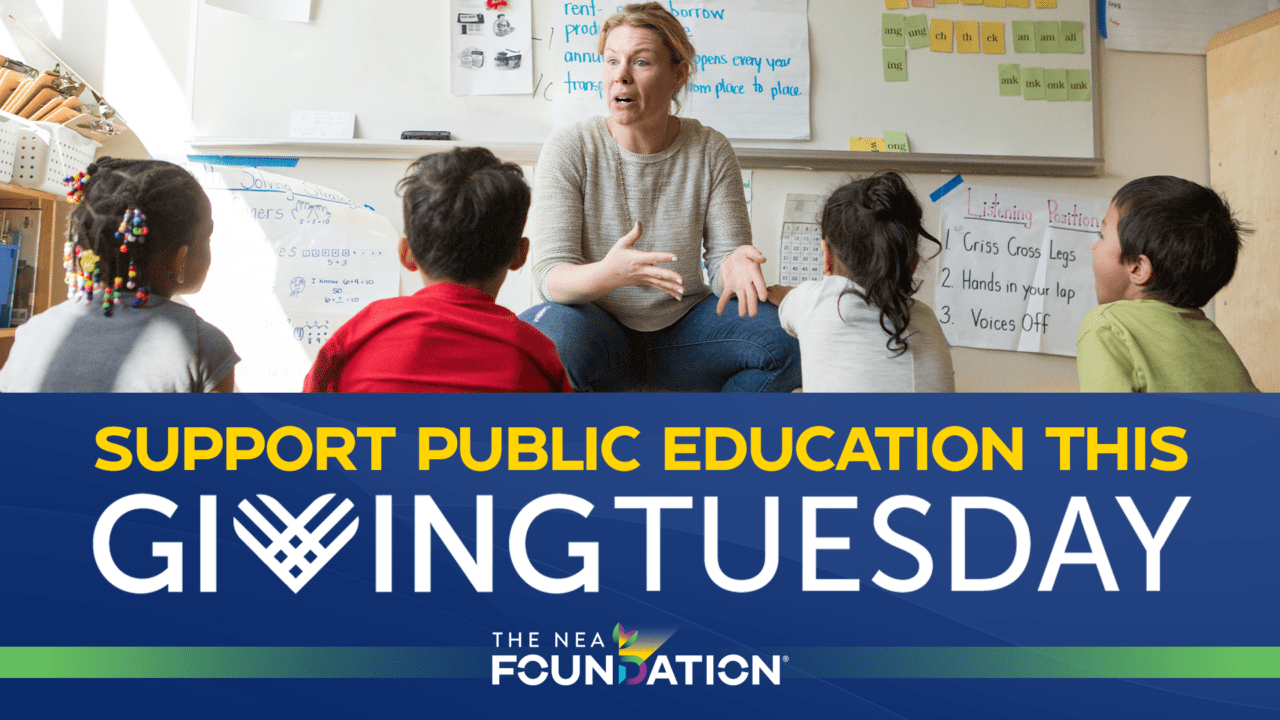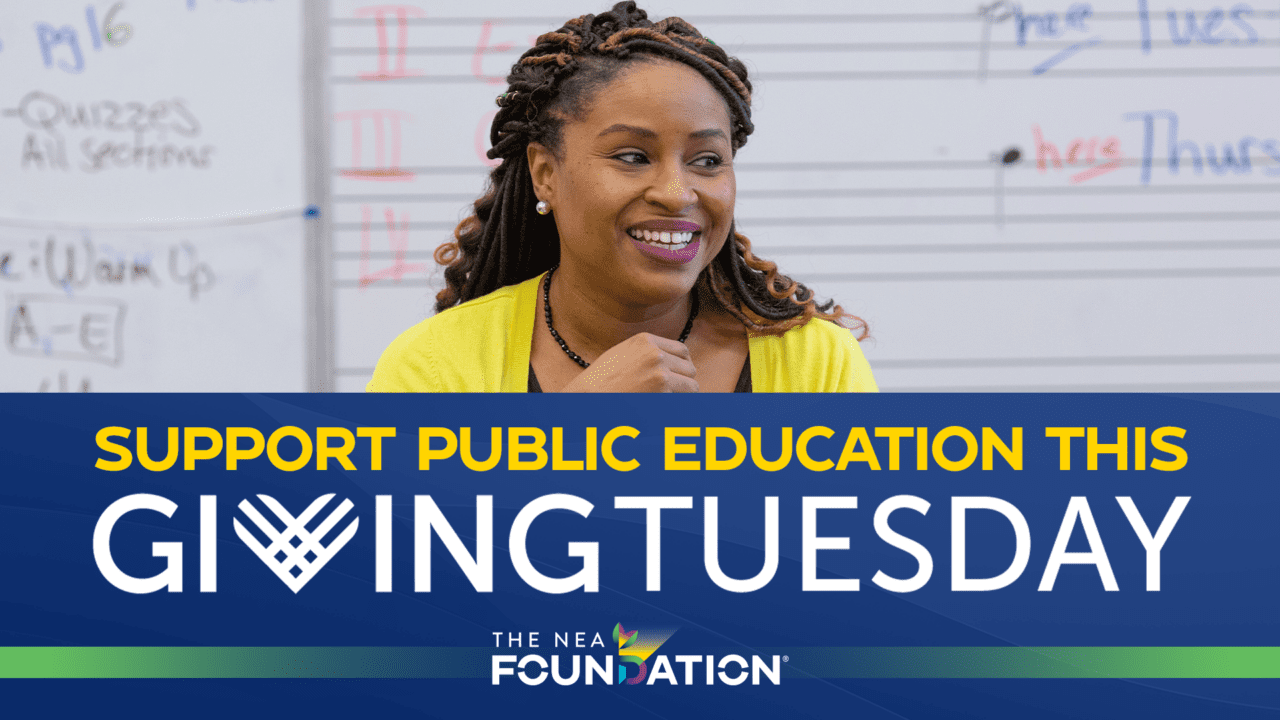Great educators have great stories. This series gives a glimpse of the ideas, practices, and experiences of the recipients of the NEA Foundation’s California Casualty Awards for Teaching Excellence. Today, we’re sharing the words of Mary Dunn, a 5th grade educator at Albert S. Hall School in Waterville, ME.
One year when I was teaching middle school science, a group of eighth graders were learning about the impacts of climate change. One boy didn’t believe in it and told me he would research narwhals. Much to his surprise, I accepted his topic.
Amazingly enough, through online research, he connected with a scientist from Cambridge, Mass., who was stationed on a research vessel in the Arctic, researching narwhals as indicators of climate change. A narwhal’s “tooth,” it turns out, is like layers of ice, capturing climate data in its rings.
This student communicated with the scientist via email and taught us all about gathering data via narwhals to monitor the changing climate. He was converted, and I was very pleasantly surprised!
Giving students ownership of their learning precipitates high-level engagement, motivation, and thus, deep learning. The students don’t need my expectations; they learn organically through their own.
Meet more of the 2018 NEA Foundation awardees here. Learn more about the NEA Foundation’s Awards for Teaching Excellence criteria and nominations process.

